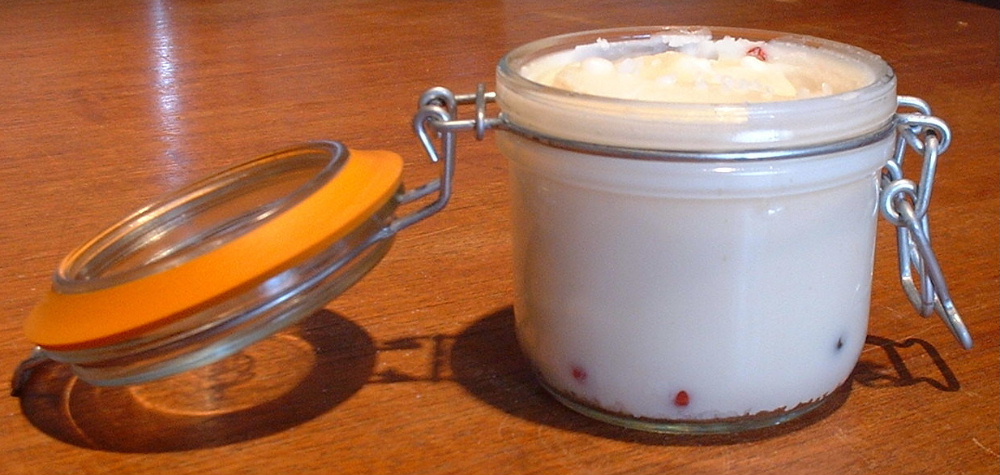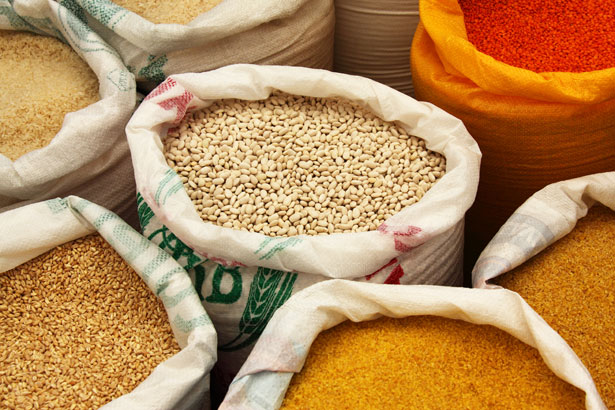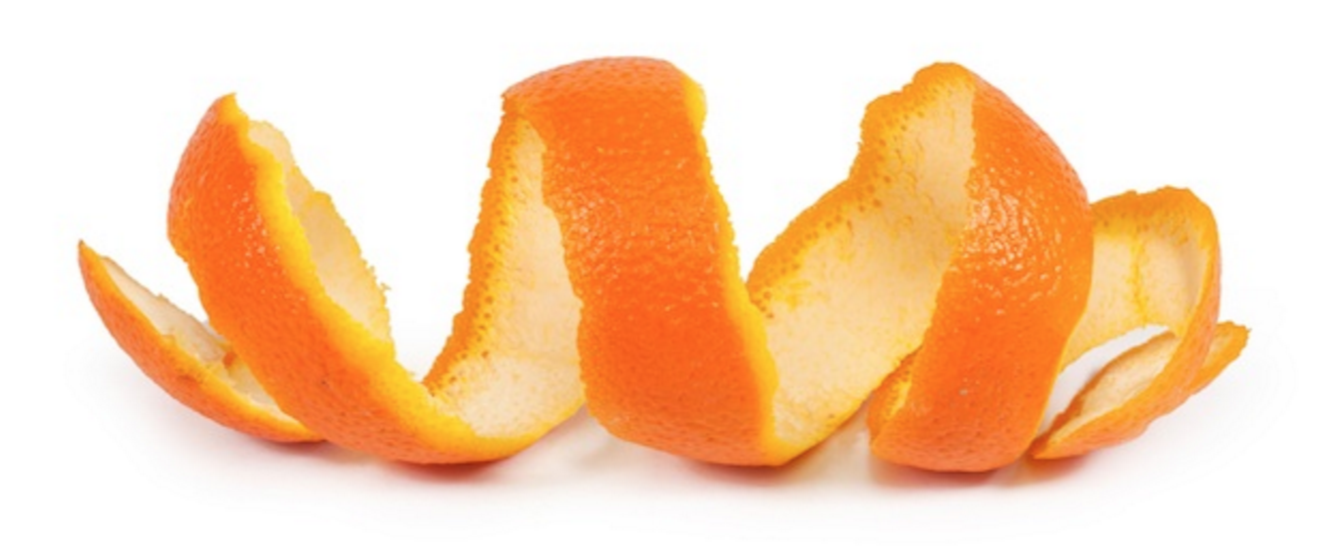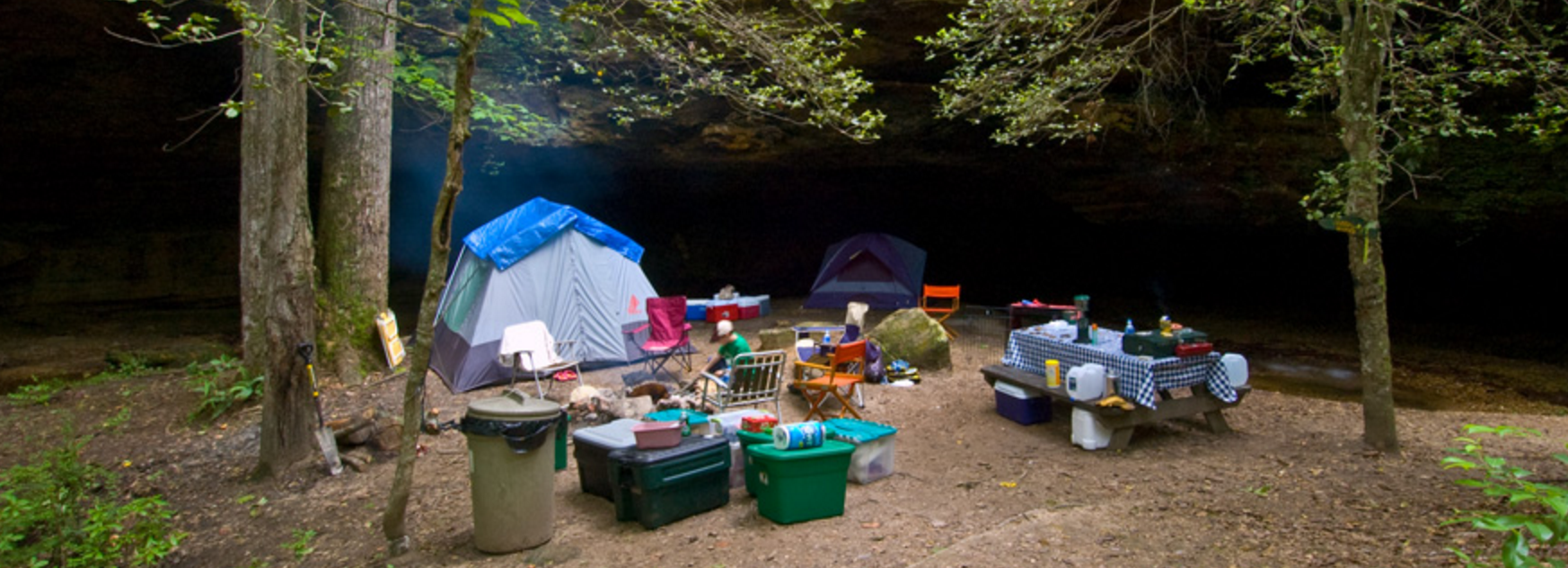Skills to Build While You Wish You Could Homestead
Whether you’re stuck in a cramped apartment in the city or living in a suburban starter home while you save up to buy land, there’s no reason you can’t start building your homesteader skills now, as you dream of more self-reliant times ahead. You can check out our guide to how to homestead in a city if … Read more








